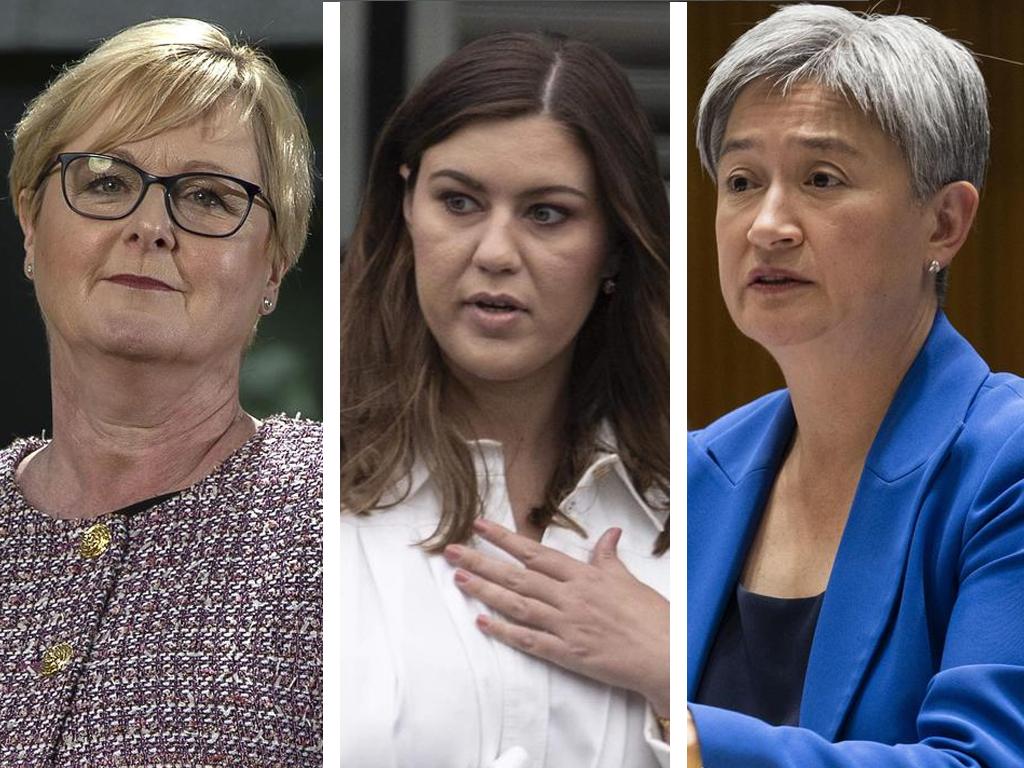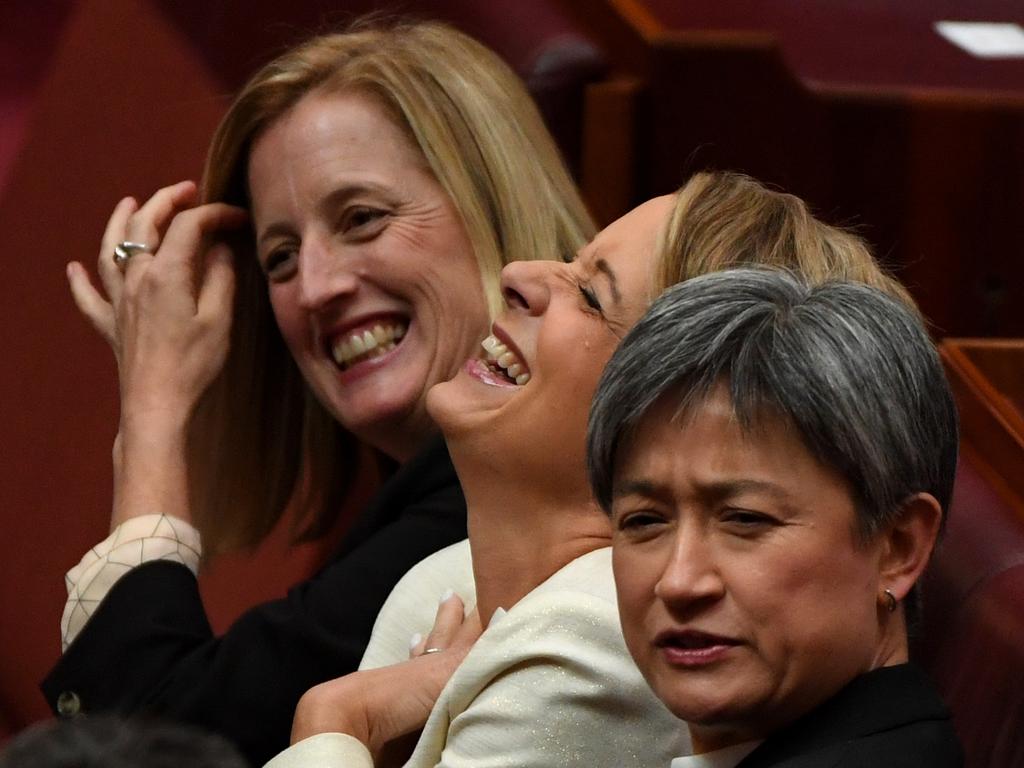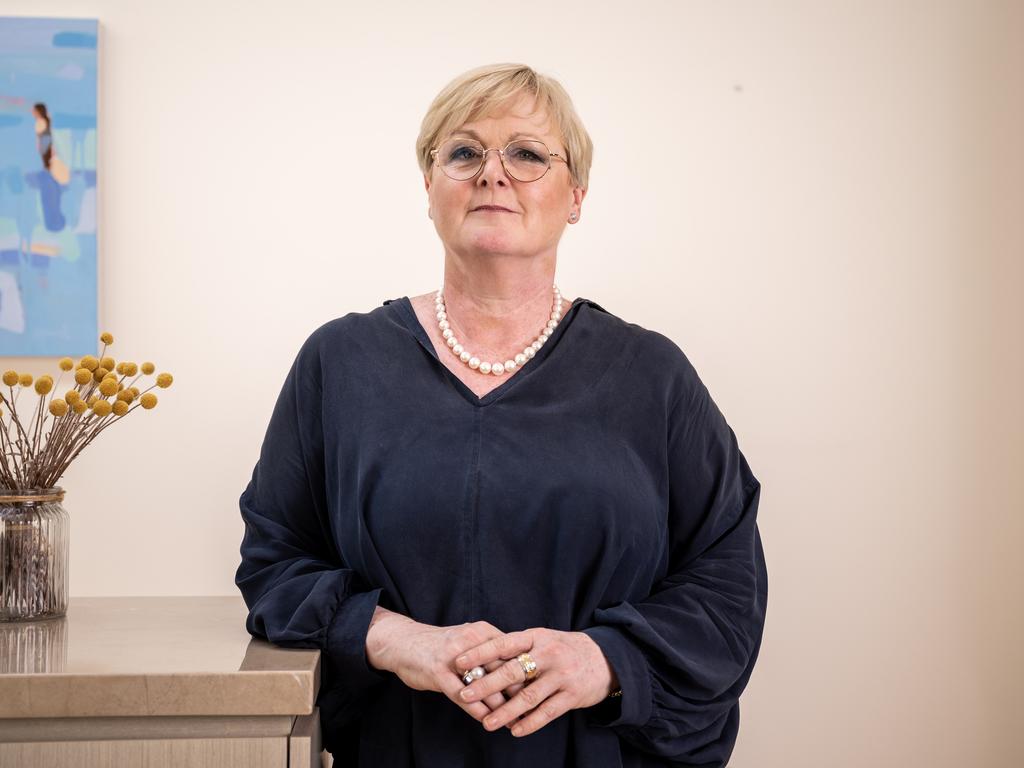First public hearing announced for Bruce Lehrmann trial inquiry
The inquiry into the prosecution of Bruce Lehrmann for the alleged rape of Brittany Higgins will hold its first public hearing on April 26.

The independent inquiry probing misconduct in the prosecution of Bruce Lehrmann for the alleged rape of Brittany Higgins will hold its first public hearing on April 26, as Commissioner Walter Sofronoff, KC, continues to subpoena central figures in the case.
Among those who have now been ordered to hand over all relevant material are the Australian Federal Police: the ACT Director of Public Prosecutions Shane Drumgold SC; ACT Victims of Crime Commissioner Heidi Yates; and the ACT Bar Association.
All material produced under those subpoenas is subject to suppression orders imposed by Mr Sofronoff but it is expected that most evidence, including written statements and submissions will, in due course, appear on the commission’s website.
Both Ms Higgins and Mr Lehrmann have indicated they will cooperate fully with the inquiry.
Mr Lehrmann’s lawyer, Steven Whybrow, has also been subpoenaed. Mr Lehrmann has waived legal professional privilege over his communications with Mr Whybrow so his lawyer can cooperate fully with the inquiry.
Mr Sofronoff, a former Queensland solicitor-general and retired president of the Queensland Court of Appeal, has the power to issue search warrants and compel documents.
The inquiry will investigate the conduct of the police investigation and the conduct of the DPP, including his decisions to proceed to trial and not to proceed to a retrial.
Mr Sofronoff will also examine whether Ms Yates, who frequently accompanied Ms Higgins to court, “acted in accordance with the relevant statutory framework in terms of support provided to the complainant”.
Among the crucial questions to be considered by Mr Sofronoff is whether Mr Drumgold exercised his prosecutorial discretion properly. That is, on the facts known at the time, would a reasonable person acting properly have decided to prosecute?

The Commissioner is specifically empowered under the terms of reference to examine the “reasons and motives” of all parties and will look at whether the DPP acted for the right reasons or whether he started from a position that led him to act improperly.
Mr Drumgold’s public statements when he decided not to proceed with a second trial, after the first was aborted due to juror misconduct, are also likely to come under the microscope.
At his press conference, Mr Drumgold stood by his belief that there were reasonable prospects of securing a conviction against Mr Lehrmann and praised the “bravery, grace and dignity” of Ms Higgins but said nothing of the presumption of innocence due to Mr Lehrmann, who has at all times denied the allegations.
The comments astonished many in the legal profession who asked whether it was consistent with the responsibilities of a DPP to the administration of justice rather than to individual complainants.
Mr Sofronoff will be required to consider whether Mr Drumgold’s remarks reflect a prosecutor who had such a set view about the case that he allowed it to influence his role as prosecutor.
Mr Sofronoff will not revisit any of the evidence in the trial, but it is within his power to call witnesses who appeared.
One witness, former Liberal staffer Fiona Brown, has accused the prosecutor of threatening and intimidating her as she left the witness box on a morning tea break, and of ignoring her pleas to be recalled to the stand to refute what she alleged was “blatantly false and misleading” evidence by Ms Higgins.

Ms Brown, who was former minister Linda Reynolds’ chief of staff, has alleged Mr Drumgold and an associate berated her for providing “inadmissable evidence” and that Mr Drumgold then tried to use her mental health to discredit her as a witness.
Senator Reynolds will lodge a submission with the inquiry into the conduct of the DPP.
The inquiry will likely also look at whether Mr Drumgold took appropriate steps to guard against prejudicial material coming before potential jurors, particularly when it became known that TV presenter Lisa Wilkinson’s interview with Ms Higgins was up for a Logie Award.
Ms Wilkinson won the Logie and Mr Lehrmann’s trial was delayed by several months after Chief Justice Lucy McCallum ruled that her victory speech was highly prejudicial to the case.
Network Ten told Justice McCallum that neither Ms Wilkinson nor its senior legal counsel present at a conference with Mr Drumgold before the broadcast had been cautioned by him that her speech could result in the trial being postponed.
In a complaint to the ACT Bar Association, Mr Lehrmann has also alleged his former lawyer John Korn had a phone conversation with Mr Drumgold the day before Ms Higgins was to address the National Press Club, to establish whether he would provide a similar warning to Ms Higgins.
“His reply to Mr Korn was remarkable,” Mr Lehrmann said. “The director indicated it was not his place to tell her what to do or say in the media.”

The inquiry will also investigate Mr Drumgold’s claim, in a letter to ACT police chief Neil Gaughan, of “inappropriate interference” by police during the investigation and trial.
Mr Drumgold said there was “a very clear campaign” by police to pressure him not to prosecute Mr Lehrmann for the alleged rape of Ms Higgins.
“Then when charges resulted, the [police] interests have clearly aligned with the successful defence of this matter rather than its prosecution,” he wrote.
Mr Sofronoff is specifically required under his terms of reference to look at how that letter came to be released by the DPP to The Guardian newspaper but withheld for several days from other media outlets,
The Commission is expected to question senior police including ACT Police Manager of Criminal Investigations, Detective Superintendent Scott Moller after revelations by The Weekend Australian that police believed there was insufficient evidence to prosecute Mr Lehrmann, but could not stop the DPP from doing so because “there is too much political interference”.
The Commission is expected to examine whether the proper administration of justice was undermined by pressure arising from the #MeToo movement and the media attention on Ms Higgins, and other forms of “political interference” at play, including any conversations between the DPP and politicians.
Mr Drumgold was reported to have expressed “serious concern about the potentially unlawful sharing of police material” after publication of the documents by The Australian and the leak of that material may also be examined by the Commission.
The inquiry will not reach into the courtroom to explore how Chief Justice McCallum conducted the trial. The executive arm of government in the ACT cannot investigate the judiciary.
Mr Sofronoff is due to report back on June 30.






